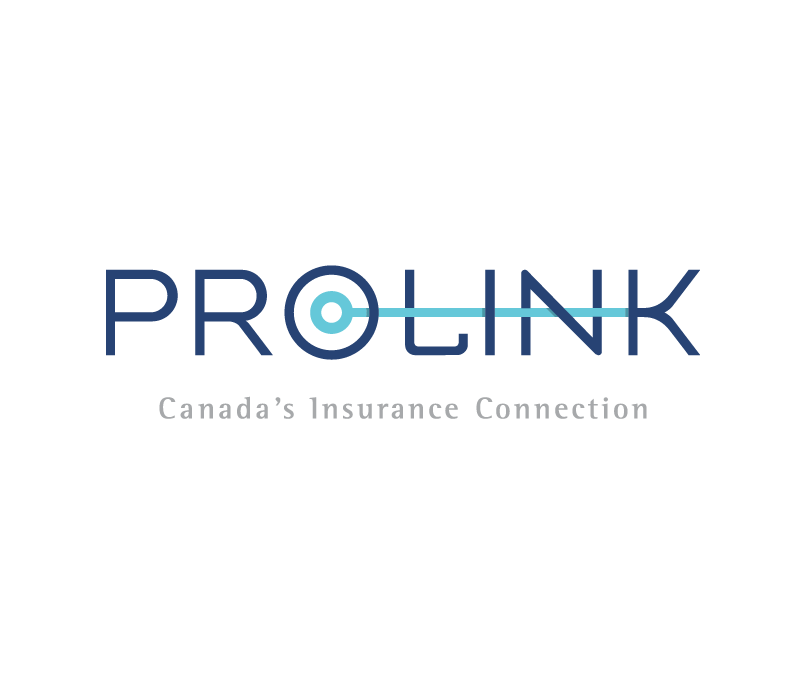At PROLINK, your success is our top priority. With over 30 years of serving non-profits like yours, we offer more than insurance. Our exclusive programs, coverage enhancements, and digital solutions are designed to support your growth and help you operate with confidence. That way, you can focus on what truly matters: making an impact.
Commercial Enterprise – Non-Profit Solutions

Our Panoramic Risk Management Process
Our primary objective is to provide your organization with a panoramic view of your risk landscape, highlight the unique threats that may impede your success, and arm you with the tools you need to combat stress. PROLINK will help you:

1. EXPLORE
PROLINK has been serving non-profits for over three decades. Whether you’re leading a professional association, an AMC, regulatory body, or a charity, we’ve seen it all. We’ll leverage our expertise to help you identify and assess your risks.
2. NAVIGATE
We know that non-profits are all hands on deck—that’s why we’re committed to simplicity. Our tailored application is designed to make insurance easy and stress-free. Relevant, industry-specific questions allow us to gather precise information and secure customized solutions that align with your risk profile.


3. IMPLEMENT
Our collective insight into the threats you face and relationships with key partners allows us to offer an exclusive program, crafted for the evolving requirements of the non-profit sector. Access comprehensive coverage and unique enhancements at preferred rates, ensuring quality without compromising on price.
4. RECALIBRATE
Build relationships with a team of specialists who will provide genuine advice and follow-through. As the contours of your business landscape change, we’ll advise you on coverages and share risk management solutions to minimize disruption and keep you one step ahead—no matter the obstacle, element, or hurdle you encounter.

Our Solutions Suite
All of our programs are meticulously crafted for the Non-Profit industry and will help you protect your organization, your staff, and your financial security from risk.
Solutions for Association Management Companies
PROLINK doesn’t just serve non-profit organizations—we also offer tailored insurance and risk management solutions for Association Management Companies (AMCs) overseeing non-profits. With over 40 years of experience working closely with professional associations and a proven track record of effectively supporting AMCs, we understand the nuances of your unique role like no one else.
Our team is committed to providing the support you need to navigate the complexities of the non-profit sector, with custom coverages specifically designed for the risks faced by AMCs, exclusively available through PROLINK. Together, we can proactively mitigate risks, stay ahead of trends, and ensure the continued success of the organizations under your management.
Risk Management Advice
For more information, check out our blog where we share our insights on insurance trends, current events, and practical tips and tricks to make the best of your coverage.
Meet Our Team
Our dedicated team of experts is here to support you at every step. We’ll help you feel confident in your ability to manage risk, so that you can focus on growing your organization with less worry.

Derrick Leue RIBO
President & CEO
Derrick Leue is the President and CEO of PROLINK—Canada’s Insurance Connection. He is a leading insurance professional and a licensed broker with over 20 years of industry experience. Derrick’s understanding of the exposures facing the Non-Profit sector is only matched by his commitment to offering personalized risk management solutions and service. He brings a wealth of experience, expertise, and passion to helping protect Non-Profit organizations.

Andrew Spencer RIBO
Practice Leader, Non-Profit Solutions
Andrew is a licensed broker who has been with PROLINK for over 20 years, serving Canadian professionals and businesses in a variety of industries. As an Account Executive, Andrew is dedicated to safeguarding clients’ businesses by identifying optimal and effective insurance solutions for their needs. His extensive background enables him to foster strong client relationships and consistently deliver exceptional service, catering to the unique needs of both large corporations and small organizations alike.

Corinne Lamb RIBO
Account Manager, Non-Profit Solutions
Corinne is a licensed broker with over 20 years of experience. For the last five years, she has specialized in supporting the non-profit sector exclusively. As an Account Manager, Corinne works closely with clients to position herself as their go-to insurance and risk management advisor. She leverages her experience and industry knowledge to deliver exceptional service and tailored risk solutions to Non-Profit organizations.

Brooke Rooyakkers RIBO
Technical Admin Specialist, Non-Profit Solutions
Brooke is an insurance professional with over 13 years of experience in the insurance industry. As a Technical Admin Assistant, Brooke supports the Non-Profit Services Practice with a variety of day-to-day administrative tasks to simplify insurance transactions and ensure a consistent client experience.
GET IN TOUCH
To speak to a professional who can guide you to the right coverage from the right insurer at the right price call us at:
1-800-663-6828
or send us an email below:



















